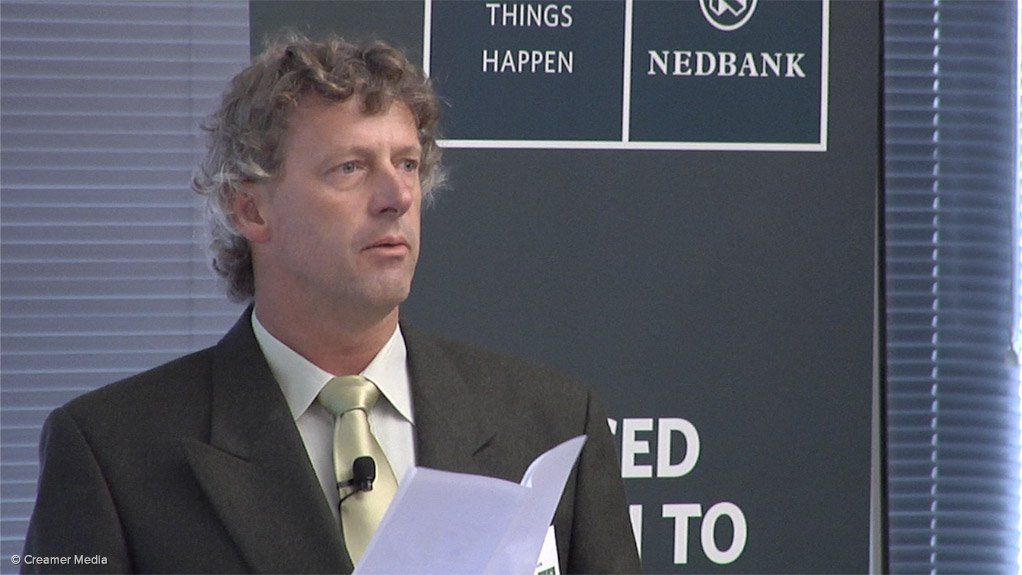Banking group Nedbank, in partnership with the Stellenbosch University's Sustainability Institute, on Tuesday launched a carbon footprinting guide aimed at advancing the control, reduction and measurement of carbon footprints in South Africa.
Speaking at the launch, in Sandton, Nedbank chief governance and compliance officer Thabani Jali said the guide titled ‘Carbon footprinting: A practical calculation guide focusing on measuring, monitoring, reporting and verification’ was much needed in the local market.
“The world is increasingly challenging [and] companies need to do more with less, not only because of difficult financial times, but also because we live on a planet with finite resources,” he said.
Also speaking at the launch, Sustainability Institute professor and associate director, and coauthor of the report Alan Brent pointed out that according to the World Business Council for Sustainable Development, climate change also directly linked with other challenges such as affordable fuel, water scarcity, population growth, urbanisation and food security.
“To analyse and understand the challenges of our time needs a new approach. This book is about us trying to better understand the climate change implications of our economic activities,” he said, adding that this had to be done in a way that improved dialogue between science, government and society.
“[The guide] is effectively an enabler for companies and other organisations, not only to act more sustainably from an environmental perspective, but also to introduce cost-effective savings across their operations, resulting in improved financial sustainability as well,” Jali added.
He stated that responsible companies were grappling with the challenge of how to remain profitable in the short term and relevant in the long term.
“There is no doubt in my mind that, unless you bring yourself into the sustainability arena, you will be irrelevant later on as a company or organisation,” Jali said, adding that a good way to do this was through carbon footprinting.
He also said with the proposed introduction of a domestic carbon tax in 2015, even companies that were not currently environmentally conscious would have to start considering their carbon footprint.
However, the guide was not only aimed at businesses, but could also be used as a textbook, with the University of Pretoria and the Stellenbosch University already planning to prescribe it.
The guide would be distributed free of charge, in both hard copy and as a downloadable file, and Nedbank and the Sustainability Institute believed that there was certainly a need for this content despite numerous reputable sources of information already freely available on the Internet relating to climate change and carbon footprinting.
“The sources that currently exist are geared towards people who are already experts on carbon. This book is not. It takes the reader by the hand and explains in a step-by-step manner the nuances of carbon calculations by using day-to-day examples and investigates the challenges faced in the South African greenhouse-gas reporting context in a conversational style,” Nedbank sustainability carbon specialist and coauthor of the book Dr Marco Lotz said.
The first section of the book consisted of conversational “how to” theory that explained international conventions and local applications of carbon footprinting, while the second section consisted of a selection of case studies.
EMAIL THIS ARTICLE SAVE THIS ARTICLE
To subscribe email subscriptions@creamermedia.co.za or click here
To advertise email advertising@creamermedia.co.za or click here












